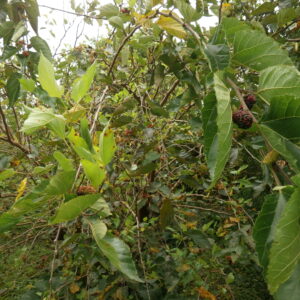
Jamaican cherry
₡3,750.00
Scientific name: Muntingia calabura
Family:
Origin:
25 in stock
Related products
-
Out of Stock
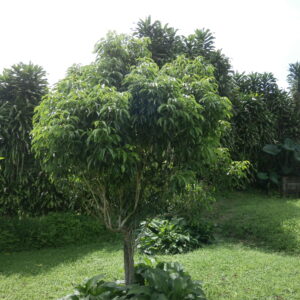
Lychee
Fruit orchard ₡6,300.00 Read more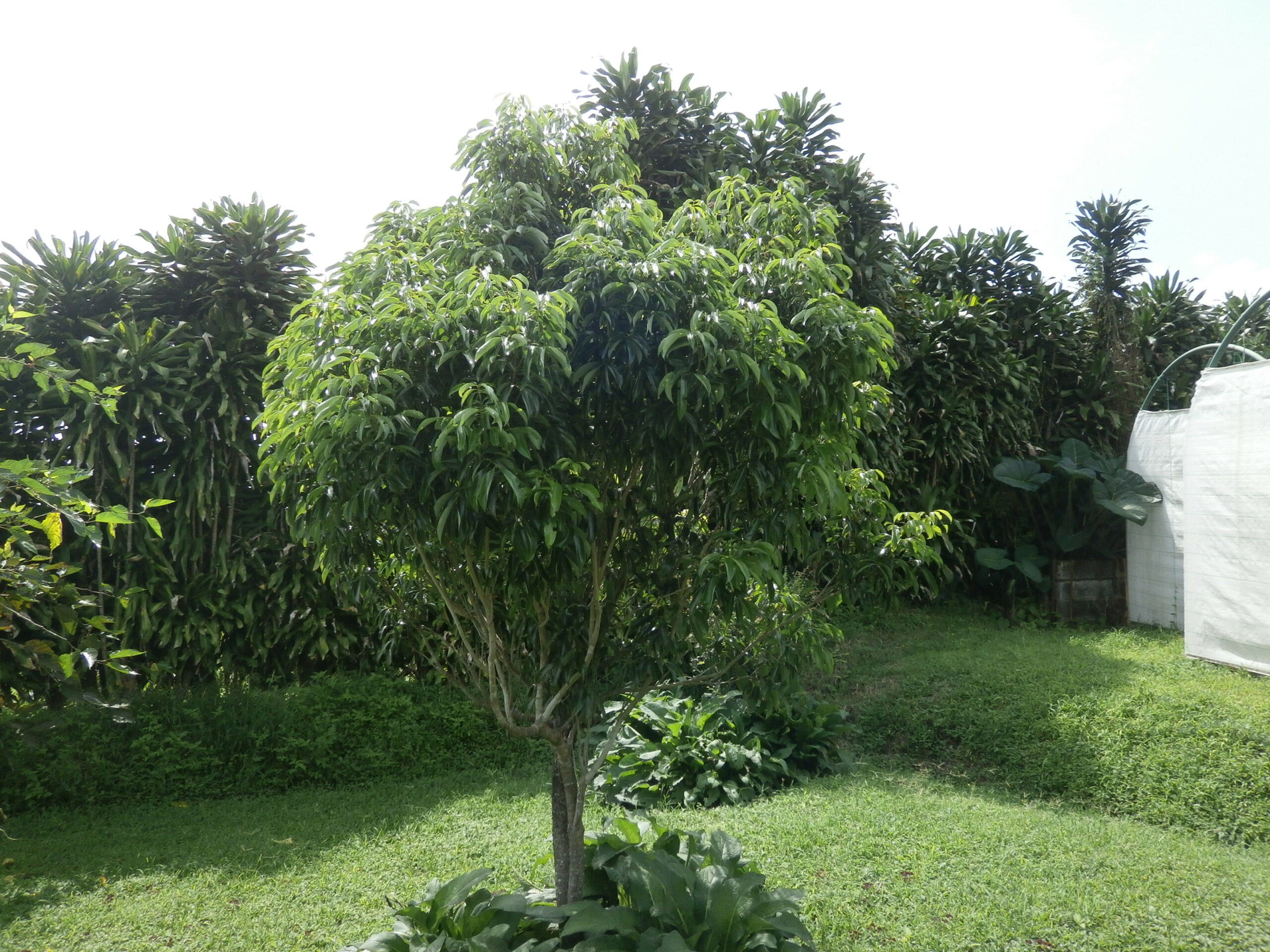
Lychee
₡6,300.00
SKU: 1247 Category: Fruit orchardScientific name: Litchi chinensis
Family: Sapindaceae
Origin: China and Vietnam
Medicinal use: Lychee or litchi is a tropical fruit that is known as an “excellent source of sugar, protein, fiber, vitamins, calcium, potassium, phosphorus and magnesium. The fruit is an ovoid, heart-shaped, or nearly round drupe about 2.5 cm in diameter or larger. The interior is formed by a translucent white juicy pulp, with a sweet and fragrant flavor. It is grown in some places as a melliferous tree, for its fruit rich in minerals (calcium and phosphorus), Vitamin C, A, B1 and B2.
Out of stock
-
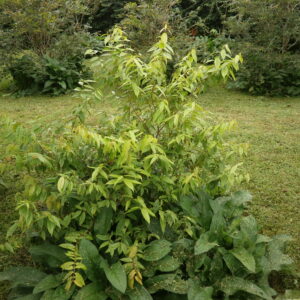
Sundrop
Fruit orchard ₡2,550.00 Add to cart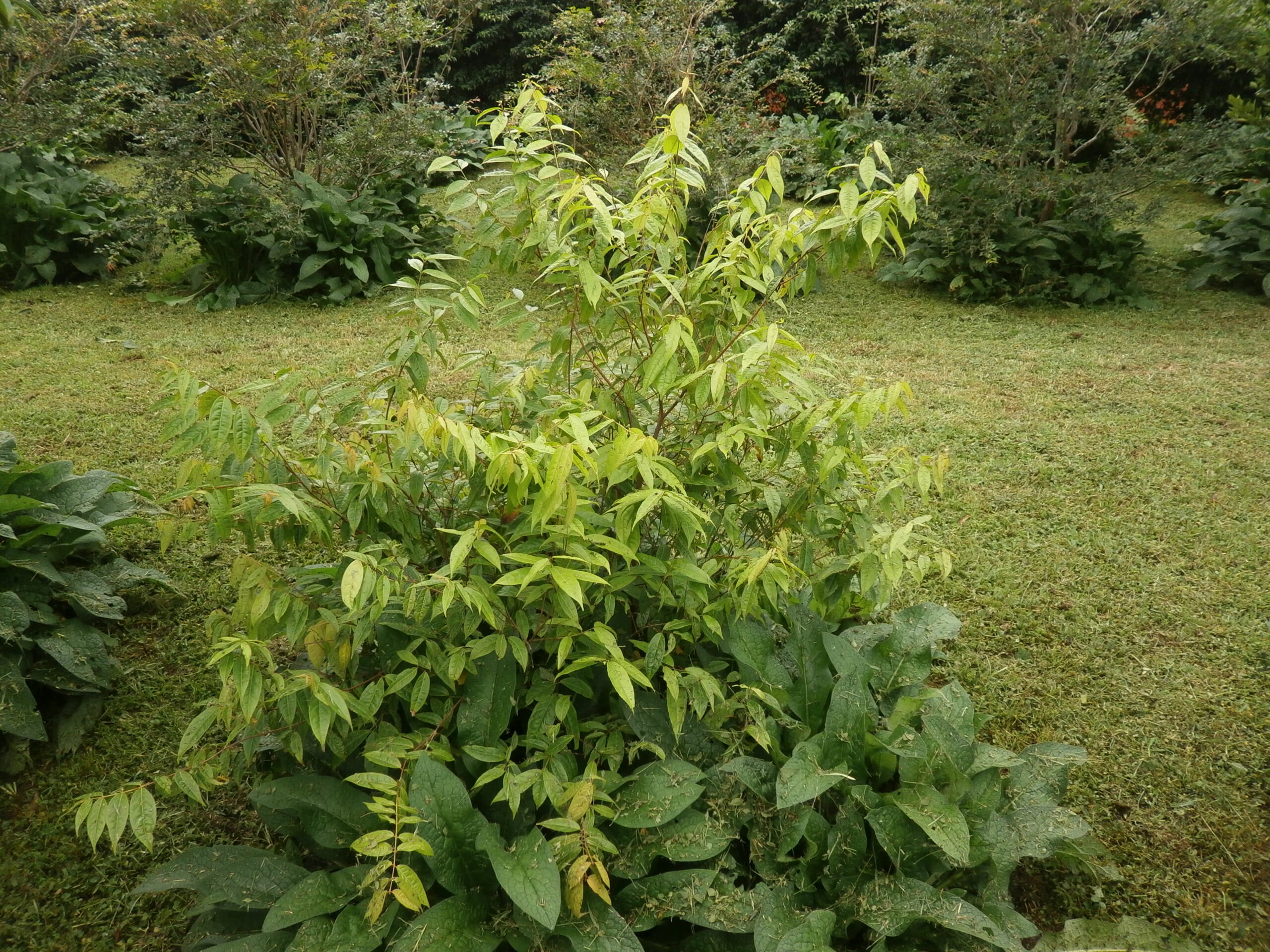
Sundrop
₡2,550.00
SKU: 0175 Category: Fruit orchardScientific name: Eugenia victoriana
Family: Myrtaceae
Origin: S America
Medicinal use: Eugenia victoriana is a small South American fruit tree of the genus Eugenia. Their common names include guayabilla and sundrop. Eugenia victoriana boasts the largest fruit of all known Eugenia species. The trees develop their first flowers in their third or fourth year in the case of the fruits, they are orange in color, and have sour pulp, usually two to four large seeds.
36 in stock
-
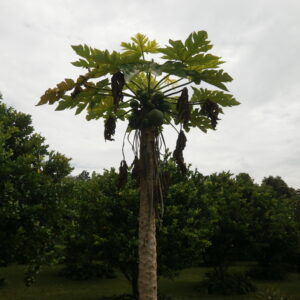
Papaya
Fruit orchard ₡2,550.00 Add to cart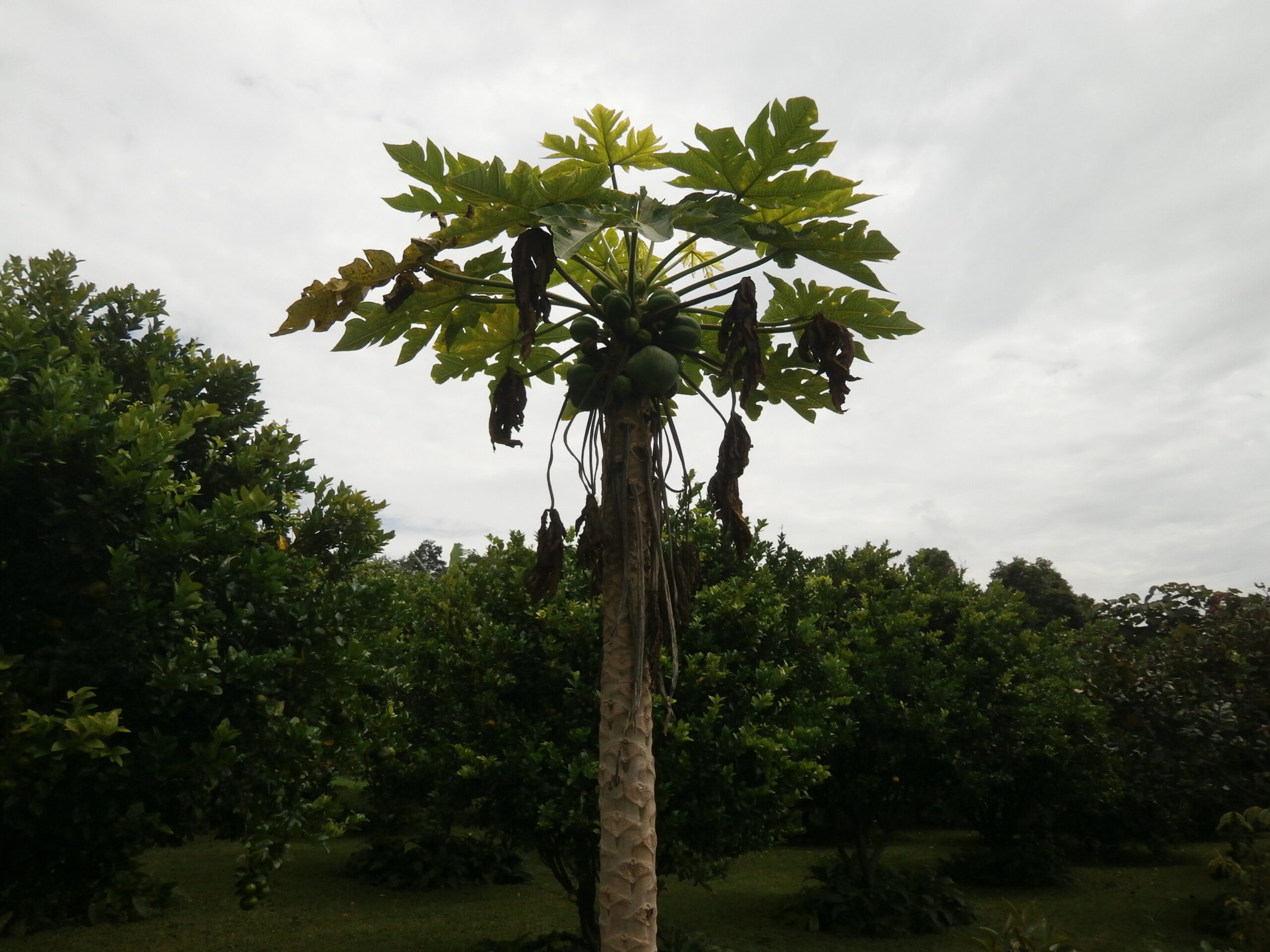
Papaya
₡2,550.00
SKU: 1536 Category: Fruit orchardScientific name: Carica papaya
Family: Caricaceae
Origin: Mexico and C America
Medicinal use: Carica papaya is a very rich shrubby fruit of the genus Carica in the family Caricaceae. Its fruit is commonly known as papaya, papayón, olocotón, papayo, mamón, milky or milky. The fruits have a smooth texture and an oblong shape, and can be green, yellow, orange or pink. The fruit is usually consumed raw, without its peel and its seeds. The unripe green papaya fruit can be eaten in salads and stews.
4 in stock
-
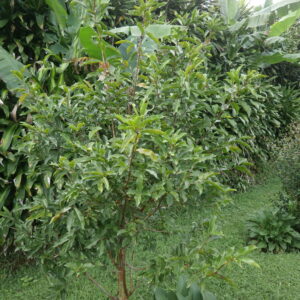
Cas of Costa Rica
Fruit orchard ₡2,550.00 Add to cart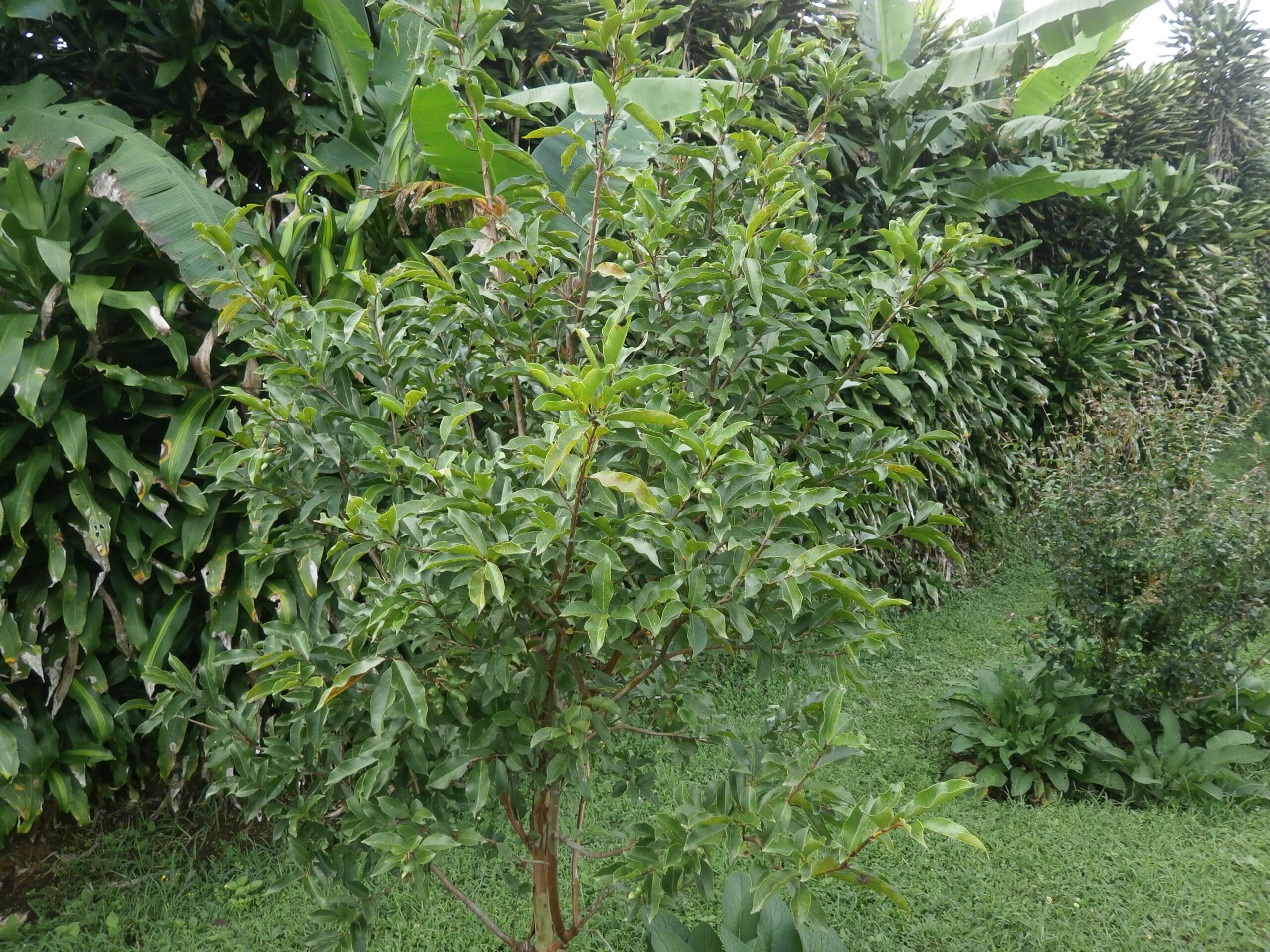
Cas of Costa Rica
₡2,550.00
SKU: 0490 Category: Fruit orchardScientific name: Psidium friedrichsthalianum
Family: Myrtaceae
Origin: Mexico and S America
Medicinal use: Cas (Psidium friedrichsthalium) is a species of tree in the guava family found mainly in Costa Rica, Nicaragua, Guatemala, and El Salvador. It is used as the base for Cas fresco or cas soda, in which Costa Ricans mix it with sugar and water and sometimes add milk to achieve a fruit-based drink with a slight acid flavor. With that same soda, it is frozen and homemade ice cream is made.
10 in stock

